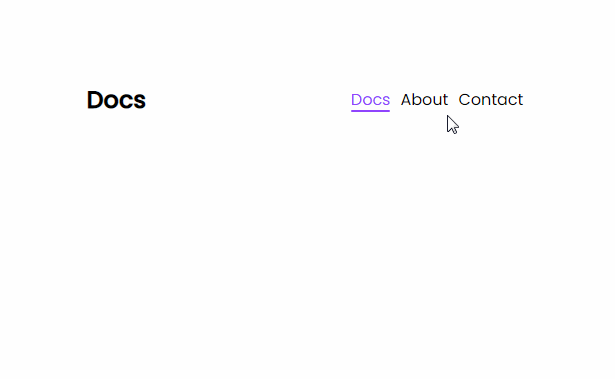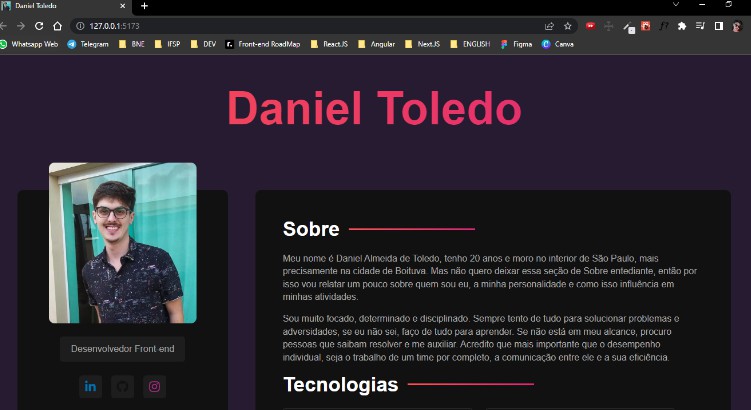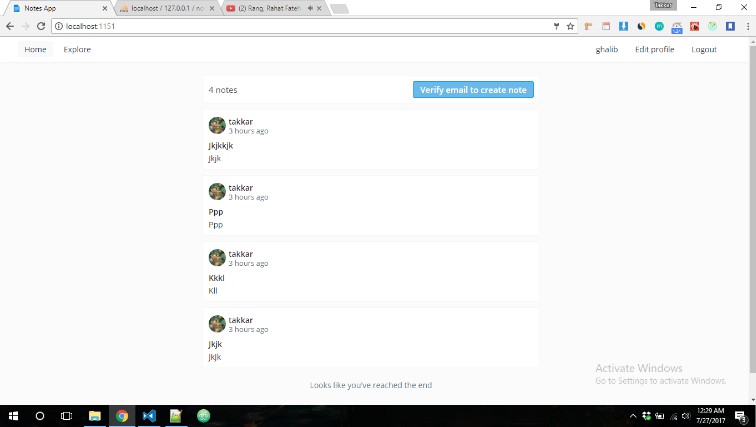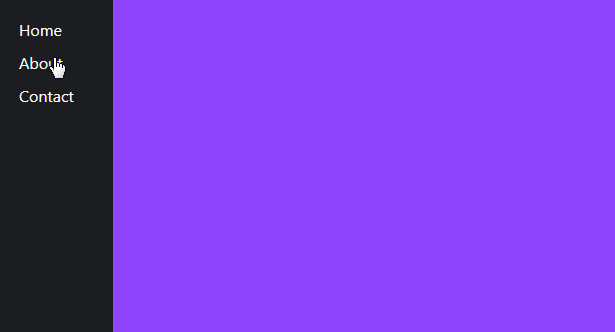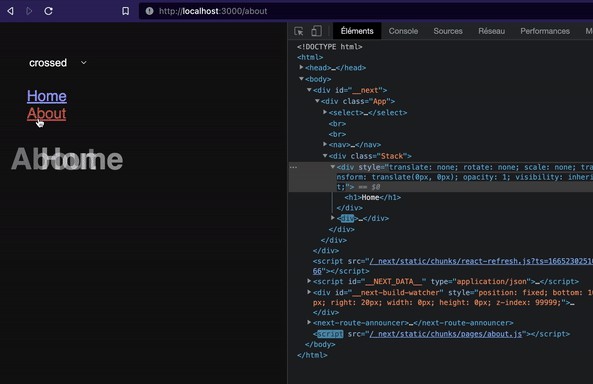react-bubbly-transitions
Show bubbly transitions between route changes, in your React 18 apps.
Click here for a demo.
Or check out the npm package here.
Installation
Just a few quick steps to get started:
1. Create a React app (optional)
If you are adding the transitions to an existing app, you can skip this step.
npx create-react-app my-bubbly-app
cd my-bubbly-app
2. Install dependencies
Our project depends upon React’s router library
npm i react-bubbly-transitions react-router-dom
3. Add components
The package relies on two components being present.
BubblyContainer
This is what houses our wave transition between route changes and does not require any props.
BubblyLink
This button can be declared anywhere inside your Router component.
It takes the following props:
| Prop | Description | Example | type | required | default |
|---|---|---|---|---|---|
| children | The content inside the link | About | String / Component | true | |
| to | The route that the link will take you to | /about | String | true | |
| colorStart | The background color of the bubble shape that appears first. Must be a hexcode or rgba value | #8f44fd | String | false | #8f44fd |
| colorEnd | The background color of the bubble shape that appears last. Must be a hexcode or rgba value | #ffffff | String | false | #ffffff |
Be careful with the duration (too fast/slow can ruin the effect) – my recommended duration is between 1000ms and 1600ms.
Example App.tsx
Copy this whole code snippet into your App.tsx for a basic example:
import { BrowserRouter, Routes, Route, Outlet } from "react-router-dom";
import { BubblyContainer, BubblyLink } from "react-bubbly-transitions";
const Home = () => <div>Home</div>;
const About = () => <div>About</div>;
const Contact = () => <div>Contact</div>;
function App() {
return (
<BrowserRouter>
<BubblyContainer />
<Routes>
<Route
path="/"
element={
<>
<BubblyLink to="/">Home</BubblyLink>
<BubblyLink to="/about">About</BubblyLink>
<BubblyLink to="/contact">Contact</BubblyLink>
<Outlet />
</>
}
>
<Route index element={<Home />} />
<Route path="about" element={<About />} />
<Route path="contact" element={<Contact />} />
<Route path="*" element={<>No Match</>} />
</Route>
</Routes>
</BrowserRouter>
);
}
export default App;
4. Styling
To style the BubblyLink component you can target it via css (just be more specific than me ?):
body .react-bubbly-transitions__bubbly-link {
color: #af44fd;
}
To style the active state of the BubblyLink, just target the .active class and again be more specific.
body .react-bubbly-transitions__bubbly-link.active {
text-decoration: underline;
}
5. DRY (Don’t Repeat Yourself)
To avoid repeating certain BubblyLink props, I recommend creating your own generic link component that sets the props here by default.
import { FC, ReactNode } from "react";
import { BubblyLink } from "react-bubbly-transitions";
type Props = {
to: string;
children: ReactNode;
};
export const MyBubblyLink: FC<Props> = ({ to, children }) => (
<BubblyLink colorStart="#af44fd" colorEnd="#222222">
{children}
</BubblyLink>
);
6. Have fun with it!
Please hit me up on My Instagram page for any support or suggestions ?
